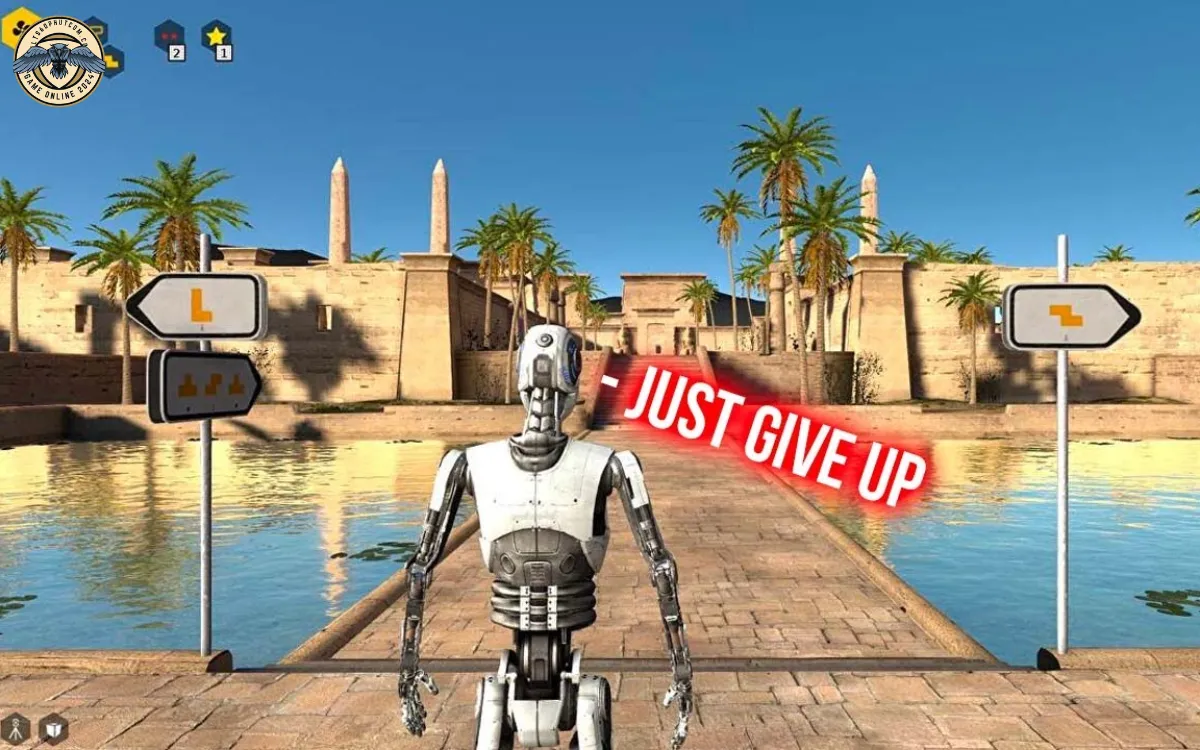4 Colors Card Mania
Published on November 18, 2024

Defining the “hardest puzzle game in the world” is inherently subjective. What constitutes difficulty varies wildly depending on individual skills, experience, and cognitive preferences. However, some games consistently emerge as titans of intellectual torment, pushing players to their limits of logical reasoning, spatial awareness, and pattern recognition. This exploration delves into the characteristics that make a puzzle game truly challenging and examines several contenders for the coveted title. As ielts60phutcom.com aptly notes, “The measure of a challenging puzzle lies not just in its complexity but in its ability to evoke a sense of profound satisfaction upon its solution.” We’ll analyze this statement and dissect several top contenders for the title.
Difficulty in puzzle games isn’t solely about sheer complexity or the number of pieces. Rather, it’s a multifaceted construct encompassing several key elements:

The Nature of Puzzle Game Difficulty
Several games consistently appear on lists of the most challenging puzzle games ever created. Let’s explore some of the top contenders, analyzing their unique elements of difficulty:
The Witness presents a vast, open-world environment filled with hundreds of intricate environmental puzzles. Its difficulty stems from its elegantly minimalist design, where the rules are subtly introduced and require keen observation and deduction. The lack of explicit instructions and the need to connect seemingly disparate puzzle elements make it incredibly demanding. The challenge isn’t just about solving individual puzzles but also about uncovering the game’s underlying narrative and interconnectedness.
While not purely a puzzle game, Portal 2’s puzzle design is masterful in its escalation of complexity. It seamlessly blends physics-based challenges with increasingly intricate spatial reasoning. Players must master the mechanics of portals, manipulating gravity and momentum to navigate challenging environments. The later chambers demand creative solutions, pushing the limits of spatial thinking and ingenuity.
Baba Is You stands out for its unique meta-puzzle design. Players manipulate the rules themselves, rearranging words to change the game’s mechanics. This meta-layer adds a profound level of intellectual complexity, demanding not just problem-solving skills but also a strong understanding of the game’s underlying structure and rules. The constant need to rethink and redefine the rules makes it exceptionally challenging.
The Talos Principle offers a blend of philosophical intrigue and challenging spatial puzzles. The puzzles require a blend of logical deduction, spatial reasoning, and often a creative use of the game’s limited tools. The game’s difficulty is exacerbated by its complex world, requiring players to connect abstract concepts with concrete actions to progress.
Opus: Echo of Stars presents players with a series of incredibly intricate logic puzzles. The core mechanic involves manipulating constellations and employing deductive reasoning to decipher cryptic clues. The puzzles require a high degree of precision and attention to detail. The game’s difficulty lies in its unforgiving nature; one small mistake can derail the entire solution.
The pursuit of the “hardest puzzle game” isn’t just about finding the most frustrating title; it’s about engaging with a fundamental human desire for intellectual stimulation and mastery. The satisfaction derived from overcoming a seemingly insurmountable puzzle is deeply rewarding. The process of grappling with a difficult challenge cultivates perseverance, sharpens cognitive skills, and fosters a sense of accomplishment that extends beyond the game itself.
The games discussed here represent a small fraction of the many intricate and challenging puzzle games available. Ultimately, the “hardest” game is a personal judgment, dependent on individual strengths and weaknesses. However, these titles consistently stand out for their innovative mechanics, cleverly designed challenges, and the satisfying sense of intellectual triumph they offer to those who persevere.
The search for the ultimate puzzle challenge remains an ongoing quest. As game developers continue to push the boundaries of design and ingenuity, the definition of “hardest” will undoubtedly evolve. But one thing remains constant: the deep-seated human fascination with puzzles and the unparalleled satisfaction of cracking the most complex codes.
This exploration aimed to dissect the multifaceted nature of puzzle game difficulty and highlight some of the most compelling contenders for the title of “hardest puzzle game in the world.” While a definitive answer remains elusive, the journey through these intellectual challenges is, in itself, a rewarding experience.